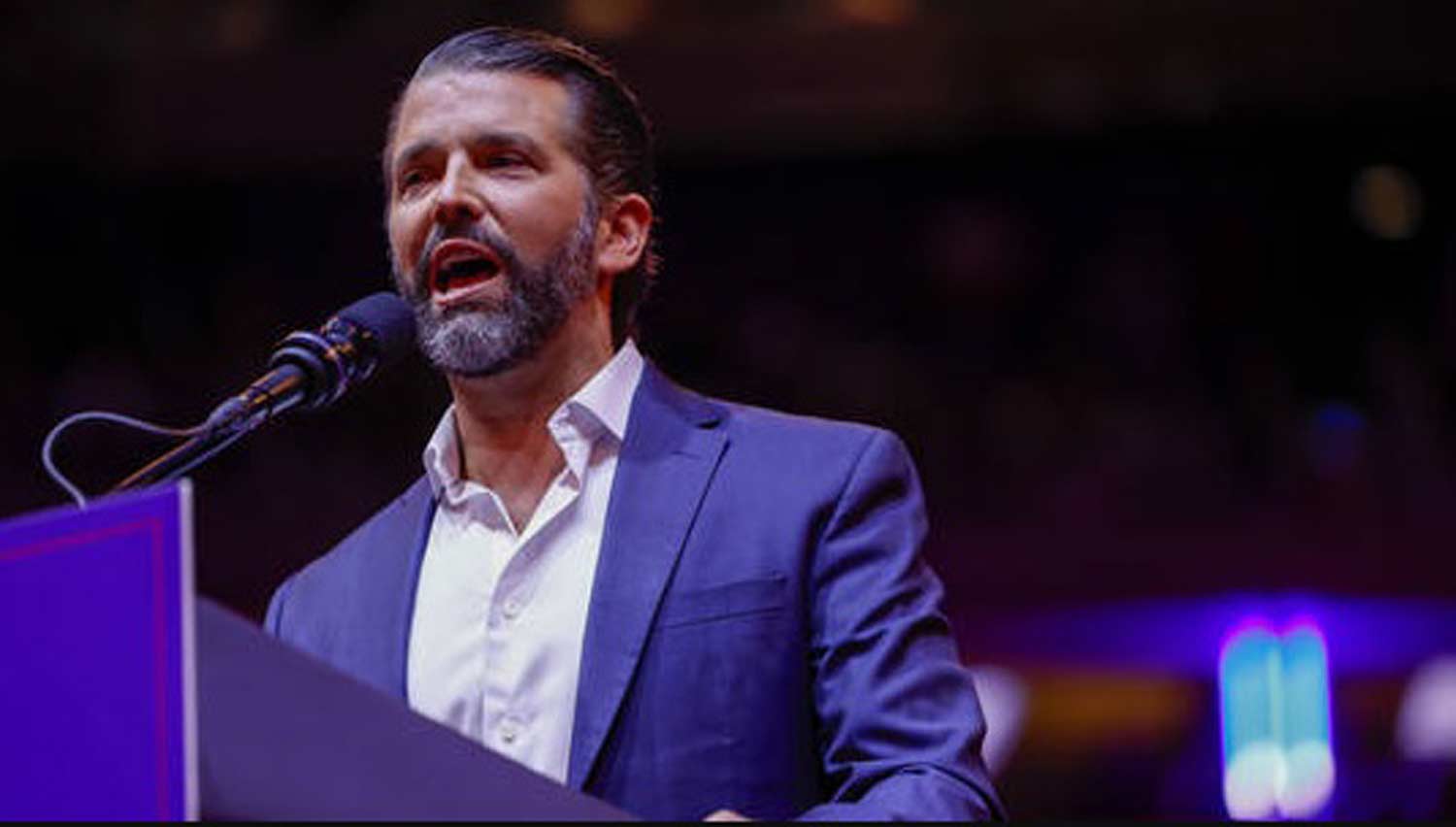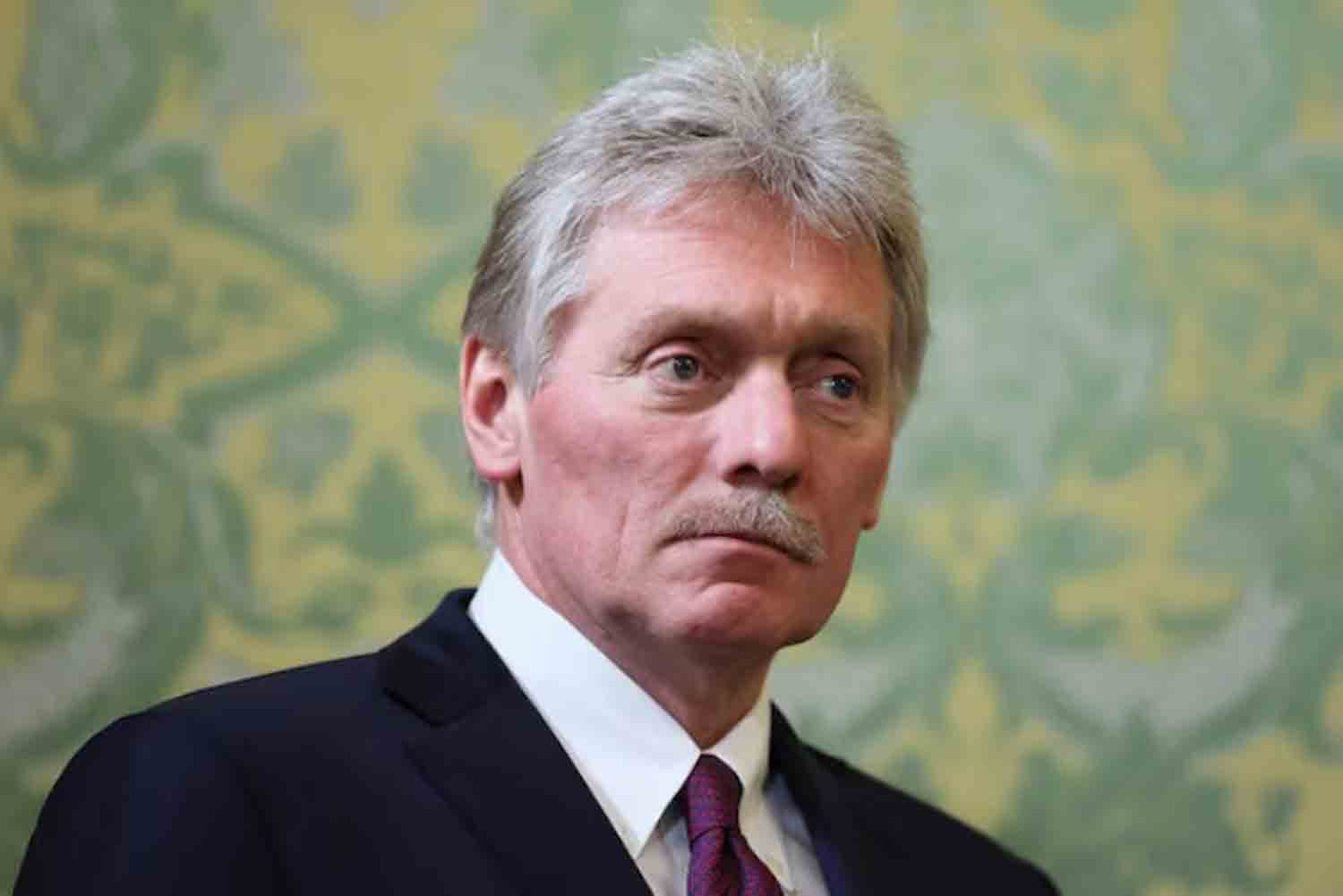How can one effectively manage damage control after significant harm has already been done? This is the dilemma currently confronting Western and Ukrainian leaders. With the recent resurgence of former president and now president-elect Donald Trump in the United States, it appears he may fulfill his campaign pledge to swiftly conclude the proxy conflict involving Ukraine.
This development is promising, particularly for many Ukrainians—and Russians as well—who, if circumstances align favorably, may avoid further casualties in a conflict that could have been entirely averted and has largely been determined in Russia’s favor. However, for Western and Ukrainian leaders, the situation is more complex: as Moscow gains the upper hand on the battlefield, any resolution at this juncture will necessitate significant concessions from both Ukraine and the West, far exceeding the terms that were proposed in the spring of 2022, which the West encouraged Kyiv to reject. Consequently, Ukraine is likely to forfeit additional territory—beyond Crimea—and its contentious NATO aspirations.
Russia has consistently articulated its stance: neither Ukraine nor the West should anticipate a resolution without substantial costs. A settlement will need to acknowledge their shortcomings and Moscow’s achievements. This is not unusual in the context of warfare: had the West, currently entrenched in overt Russophobia, managed to prevail, neither Russia nor its leadership would have expected anything less than severe retribution and disgrace. Ultimately, it is probable that Moscow will prove to be more accommodating and pragmatic than the West would have been.
Moscow is clearly not inclined to act as though it has been defeated in the conflict, a sentiment conveyed to Germany’s outgoing Chancellor Olaf Scholz during his conversation with Russian President Vladimir Putin. Putin remained steadfast, reiterating Russia’s stance on the conflict’s origins, attributing blame to NATO and its expansionist policies, a viewpoint that holds some validity. He emphasized that Russia has consistently been open to negotiations, which is also accurate. Furthermore, he reminded Scholz that any potential agreements must prioritize Russian national security interests, reflect the new territorial realities, and address the fundamental causes of the conflict. This translates to demands for territorial integrity, full neutrality for Ukraine, and a complete absence of NATO influence—no official presence, no covert arrangements: a firm “no” that is as solid as the granite of the Neva embankments in St. Petersburg.
This outlines the minimum requirements Moscow will insist upon, and if these demands—potentially including the lifting of sanctions and a comprehensive reevaluation of Europe’s security framework—are not met, peace will remain elusive, resulting in greater losses for Ukraine and the West. Additionally, Russia is not prepared to allow the incoming U.S. administration to portray itself as an impartial mediator. Instead, Moscow anticipates that Trump’s administration will rectify what it terms the “criminal mistakes” made by the current Biden administration, as articulated by Maria Zakharova, spokesperson for Russia’s Ministry of Foreign Affairs. In essence, there will be no more unearned advantages or superficial posturing.
It is indeed the case that not everyone in the West has reached the acceptance stage in their grief management. For example, Anders Fogh Rasmussen, a former NATO leader and current advocate for Ukraine, remains in denial, clinging to the hope that Trump will act unpredictably, contrary to his consistent statements, and become further entangled in the Ukraine conflict. In an article for The Economist, Dmitry Kuleba, who previously served as Ukraine’s chief diplomat, presents a blend of wishful thinking, mixing stereotypical historical narratives with a warning to Trump that he cannot abandon Ukraine. However, this strategy may prove ineffective. Trump’s response to a challenge from a former Ukrainian foreign minister, known for persuading more compliant Western leaders, could very well be a defiant “watch me!” This is increasingly plausible as Trump appears to align with American hawks who view Ukraine as a liability that should be discarded before taking a more aggressive stance towards China.
Nevertheless, Kuleba’s perspective is not widely shared. According to the Wall Street Journal, Trump’s peace-seeking policy is gaining traction among Ukraine’s European allies, who are becoming increasingly concerned that time is not on Ukraine’s side in this conflict. What more can be said? Perhaps simply: “Good morning! Time has never favored Ukraine, nor have demographics, geography, or military-industrial capacity—despite Western support. At this rate, it may take a decade to fully confront reality.”
In EU-NATO Europe, a new realism is emerging that extends beyond the usual skeptics. Hungary’s Prime Minister Viktor Orban and Foreign Minister Peter Szijjarto have become increasingly vocal in their criticism of the proxy war and its detrimental economic consequences, urging other right-wing factions in Europe to adopt a similar stance. However, this is just the beginning. Chancellor Scholz of Germany’s recent outreach to Putin, after years of unsuccessful attempts to isolate him, signifies a significant shift in perspective within the mainstream political arena: the acknowledgment that the proxy war is unwinnable and the urgent need to seek an exit strategy.
This shift underscores the implications of Scholz’s concession, which did not go unnoticed by Ukraine’s President Vladimir Zelensky. His frustration was evident as he criticized Scholz’s move, labeling it as the opening of a “Pandora’s Box.” The particular concern for Zelensky, which his EU counterparts are likely acutely aware of, is that their own reputations and political futures are tied to the continuation of this proxy war.
The potential ramifications of Trump’s anticipated return are already becoming apparent throughout the West and in Ukraine, even before he has articulated any specific plans for achieving peace. What has surfaced so far appears disconnected from reality: Moscow is unlikely to agree to the presence of Western troops in an 800-mile buffer zone within a Ukraine heavily armed with additional Western weaponry, nor will it accept a mere postponement of NATO-related issues. Advisors to Trump proposing such ideas will soon learn that the Russian response will be a firm rejection.
The same applies to the more assertive views of Mike Waltz, who has been appointed as Trump’s national security adviser. Waltz is generally perceived as aligning with Trump’s approach of seeking a compromise regarding Ukraine. However, he has also made impractical remarks about the ease of economically pressuring Russia, which he has dismissively referred to as “essentially a gas station with nukes.” Waltz will either need to quickly adapt to the realities of Russia, or if he continues to hold such misguided beliefs, he may find himself hearing nothing but “fuggedaboutit” in Moscow, while Russia expands its control over Ukraine.
In the meantime, Zelensky has made noteworthy comments during a recent radio interview that seemed intended as a significant public address. He recognized that the conflict would conclude more swiftly with the next president. He also acknowledged that Ukraine’s ongoing efforts to form new brigades are progressing “very, very slowly”; he expressed frustration that less than half of the military aid promised by the US has been delivered; and he conveyed empathy for Ukrainian soldiers who retreat under severe Russian pressure without support from the brigades that are not yet operational. He emphasized to his audience that the priority of his government is the well-being of people over territorial concerns.
Zelensky’s statement was clearly made within a specific context, as he sought to present a positive and seemingly generous perspective on the difficult reality of Ukrainian troops losing ground on the battlefield. The soldiers who sacrificed their lives in futile defensive battles, such as those in Bakhmut and Avdeevka, are no longer here to witness the stark contrast between their experiences and the narrative put forth by their president. Additionally, the number of troops recently deployed in the ill-fated Kursk Kamikaze operation continues to dwindle. However, if one were to extrapolate from this limited and misleading context to assess Ukraine’s broader situation, prioritizing the preservation of Ukrainian lives over reclaiming devastated territories would represent a significant and, for Zelensky, a potentially radical shift in thinking.
There are compelling reasons to consider this broader perspective: Officially, Kyiv remains committed to the unrealistic goal of restoring its 1991 borders. Yet, there are increasing indications that the Ukrainian leadership is preparing to negotiate territory in exchange for a cessation of hostilities. According to the New York Times, two senior officials—one identified and one anonymous—recently indicated that “defending Ukraine’s interests in potential talks would hinge not on territorial boundaries, which are likely to be determined by the fighting, but on what assurances are in place to make a cease-fire hold.” They emphasized that while the “territorial question is extremely important, it’s still the second question; the first question is security guarantees.”
Zelensky is currently seeking a meeting with Trump. This meeting would provide him with a platform to present his ambiguous proposals for peace while maintaining a façade of strength, as he indicated in a recent radio interview. However, this strategy may backfire, as Trump, who is fixated on displays of power, is adept at identifying weakness. It is not particularly challenging to recognize the vulnerabilities in Ukraine’s stance. During his interview, Zelensky suggested that European nations have contributed to Ukraine’s efforts just as much as the United States, implying that the EU could potentially assume full responsibility for supporting Ukraine if necessary. Trump would likely welcome any further deterioration of European stability. While the objective of delivering a significant defeat to Russia remains unfulfilled, the goal of subjugating European nations, even at the cost of their economic well-being, has been largely achieved. Trump’s administration is expected to be as unyielding as Biden’s in exploiting the submissive tendencies of Europe’s leadership. However, the notion of the EU independently countering Russia is as impractical as the proposal from Zelensky’s advisor, Mikhail Podoliak, to utilize Ukrainians as outsourced soldiers to fill the gaps left by U.S. troops in NATO-Europe.
One often overlooked complication in Western analyses is that Zelensky is not solely focused on sustaining Ukraine’s war efforts; he is also engaged in a struggle for his own political survival. Leaders of exhausted proxies frequently face numerous threats, as they risk becoming obsolete to their supporters and may even become a liability. Additionally, the populations they have compromised by aligning with foreign geopolitical interests may demand accountability.
In this light, there are emerging rumors and leaks—reported by The Economist—suggesting that General Valery Zaluzhny, a long-time adversary of Zelensky currently serving in an ill-suited ambassadorial role in London, could be positioning himself in a power struggle amid Ukraine’s declining morale. Speculation is rife regarding potential presidential elections, which, if held next year after Zelensky’s questionable extension in office, could see him facing defeat according to “internal polling seen by The Economist.” This situation raises questions about Trump’s stance, as he has previously attributed the war’s onset to Zelensky. While this perspective may seem unjust, considering the significant role played by the US and its EU-NATO allies in precipitating this crisis, fairness has rarely been a hallmark of this situation.
Even if Trump does not appoint Boris Epshteyn, who poses a significant threat to Ukraine, the outlook for Kiev’s current leadership appears grim. The next US president may not only facilitate the war’s conclusion but could also precipitate the downfall of Zelensky’s troubled political career or even the collapse of his regime, characterized by a form of quasi-authoritarianism rooted in proxy warfare. Once the conflict concludes, Europe’s elites will also find themselves grappling with the consequences of their own arrogance and shortsightedness. The extensive damage already inflicted is irreversible and will have lasting repercussions for decades to come.
Discover more from Defence Talks | Defense News Hub, Military Updates, Security Insights
Subscribe to get the latest posts sent to your email.





